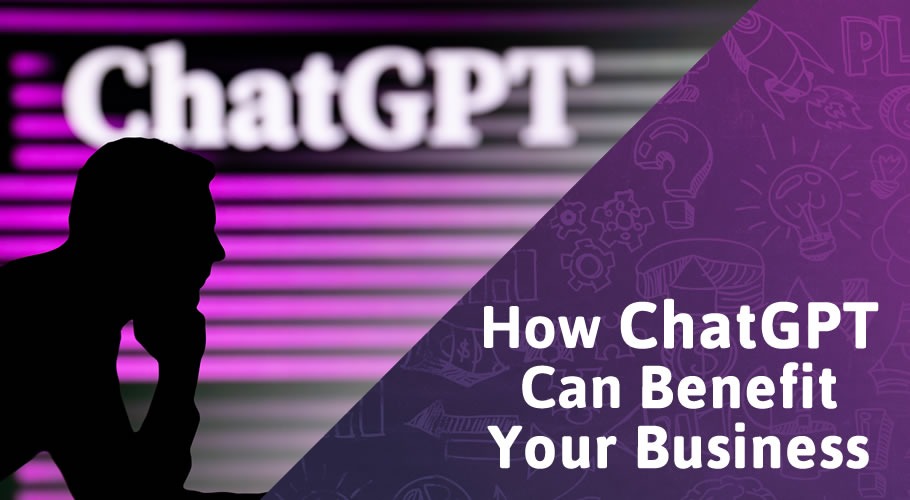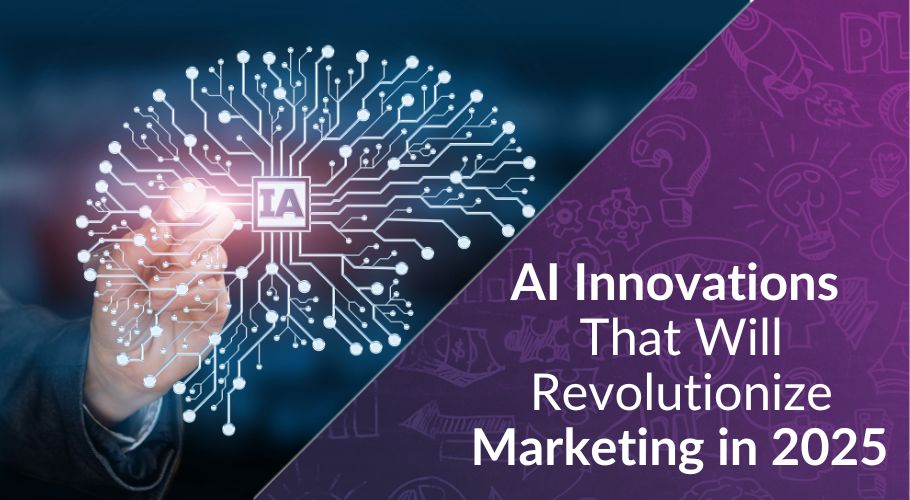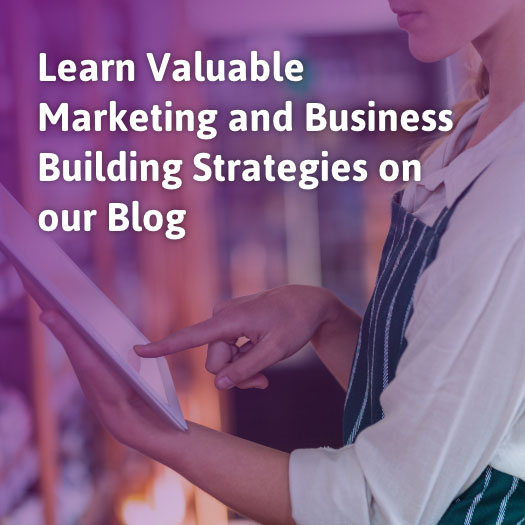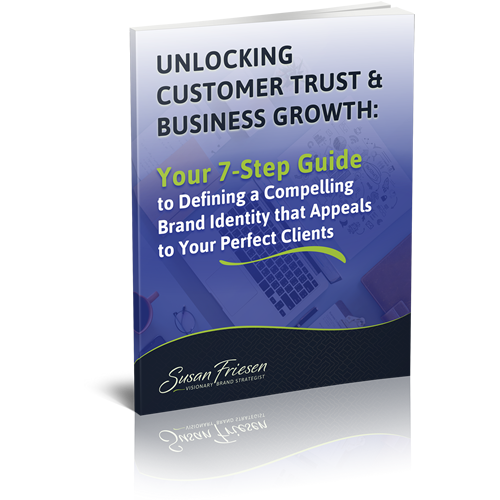As we step into 2025, the world of marketing is evolving at a lightning pace, and AI innovations are at the heart of that transformation.
AI is no longer just a tool for automating repetitive tasks or analyzing data – it’s becoming a strategic partner, which enables your business to deliver personalized experiences, predict customer behaviour, and achieve levels of efficiency that were once thought to be impossible.
From advanced predictive analytics to AI-driven content creation, several AI innovations emerging this year are poised to revolutionize how all businesses engage with their audiences.
These artificial intelligence breakthroughs are empowering your marketing team to go beyond demographics, allowing them to tap into things like psychographics, real-time intent signals, and emotional triggers, all of which are redefining what it means to truly connect with customers.
Imagine chatbots that not only answer questions but also anticipate needs and provide tailored solutions before customers even articulate a need for them.
Or how about dynamic ad campaigns that adjust themselves in real-time based on user interactions or AI-powered platforms that write ad copy optimized for specific audience segments?
This stuff may sound pretty far-fetched, but these technologies are no longer just futuristic concepts, and the implications of these AI breakthroughs are truly enormous.
That being said, as a forward-moving business owner, understanding these trends is crucial if you want to remain competitive.
So, if you’re wondering what’s next for AI and machine learning in 2025, keep reading to learn about the latest AI innovations, and how they can elevate your marketing strategies to new heights of success.
2025’s Most Groundbreaking AI Innovations
The year 2025 is poised to be a landmark year for marketing, driven by some of the most groundbreaking advancements in artificial intelligence.
These AI innovations will empower your marketing team to achieve unprecedented levels of insight, efficiency, personalization, and creativity.
With that in mind, let’s explore some of the AI breakthroughs that are set to revolutionize the world of marketing this year.
Hyper-Personalization
In 2025, artificial intelligence will enable your marketing team to achieve hyper-personalization at an unprecedented scale.
This development goes beyond traditional segmentation, which tends to be based on demographics or purchasing habits.
Instead, AI will analyze vast amounts of real-time data to deliver content tailored to customers’ individual preferences, browsing history, and contextual needs.
For example, an eCommerce platform might use AI to dynamically generate unique product catalogs for each visitor.
And by doing so, marketers will be able to create highly engaging customer experiences, driving increased satisfaction and higher conversion rates.
Advanced Predictive Analytics
Predictive analytics, powered by AI, will become an integral part of marketing strategies in the coming year and beyond.
By leveraging historical data and advanced algorithms, your business can forecast key outcomes like customer lifetime value, campaign performance, and emerging consumer trends.
These insights will empower your marketing team to make data-driven decisions, allocate resources more effectively, and prioritize high-impact initiatives.
As a result, companies will be better equipped to minimize wasted ad spend and maximize return on investment.
Conversational AI and Intelligent Chatbots
Over the coming year, and into the future, conversational AI and advanced chatbots will redefine how businesses interact with their customers.
These systems will provide round-the-clock support, offering accurate and empathetic responses that closely mimic human interactions
And in addition to resolving customer queries, conversational AI will serve as a proactive marketing tool, suggesting products or services tailored to each individual’s needs.
For example, a chatbot on a travel booking website could assist users in finding personalized vacation packages by analyzing their previous travel history, preferences, and budget.
Voice and Visual Search Optimization
The increasing popularity of smart devices and AI-powered assistants like Alexa and Siri has made voice search increasingly popular.
At the same time, visual search, where users can upload images to find related products or information, is rapidly gaining traction, as well.
With that in mind, marketers in 2025 will have to focus on optimizing their content to ensure it accommodates these search modalities.
Voice search optimization will require a shift toward more conversational and longer-tail keywords, while visual search capabilities will rely on AI to accurately identify and recommend relevant products.
In any case, brands that adapt to these new technologies will gain a significant competitive advantage, as they’ll be more easily discoverable online.
Generative AI for Content Creation
Generative AI technologies, like ChatGPT, have already revolutionized the way marketing content is created, and they’ll continue to do so in 2025.
These tools automate the production of high-quality materials, including blogs, videos, and social media posts, enabling marketers to maintain a consistent output without taxing their available time.
Furthermore, generative AI will personalize content by incorporating real-time data into narratives, which helps to ensure relevance and resonance with target audiences.
For instance, AI-generated personalized video ads tailored to different customer segments will reduce production costs while enhancing the effectiveness of ad campaigns.
Emotional AI for Deeper Customer Insights
In 2025, emotional AI, which can interpret human emotions through voice, facial expressions, and behavioural cues, will continue to gain popularity as a marketing tool.
This technology provides deep insight into the needs, wants, preferences, and emotional responses of customers, all of which can help your marketing team optimize their campaigns.
For example, retail stores can use emotional AI to adjust in-store digital displays based on the moods of their customers.
What’s more, emotional AI can help to enhance customer service interactions by identifying frustration or dissatisfaction in real time, which allows issues to be addressed more proactively.
AI-Powered Influencer Marketing
Influencer marketing will become increasingly data-driven in 2025 and beyond, thanks to AI tools capable of identifying influencers whose audiences align with a brand’s target demographics.
These tools will analyze historical performance data to predict the potential return on investment from influencer campaigns.
Moreover, AI can automate many aspects of influencer collaboration, from content approval to posting schedules, helping to streamline the process for both brands and influencers.
And by detecting fraudulent practices, like fake followers, AI will also help to ensure that influencer partnerships yield genuine engagement and reach.
Read: What ChatGPT Can Do to Benefit Your Business

Generative AI tools like ChatGPT are just one of the many technologies that are revolutionizing the world of marketing, but they’re also some of the most useful.
From writing, editing, and refining content, to building ideal client profiles, the utility of these tools is almost unbelievable.
With that in mind, this article explains how ChatGPT can benefit your business by helping with planning, ideation, market research, and more.
Enhanced Marketing Automation
AI-powered automation tools will continue to streamline complex marketing processes in 2025, making them more efficient and effective.
Campaign management and lead nurturing across multiple platforms will become much more seamless, as a result of personalized email sequences.
Social media scheduling and optimization will also benefit from AI, allowing your marketing team to focus on strategic planning and creativity rather than repetitive tasks.
And by helping to improve operational efficiency, these tools will enable businesses to achieve more in less time.
Real-Time Ad Optimization
One of the more impressive AI innovations that’s revolutionizing marketing in 2025 is what’s known as real-time ad optimization.
This technology plays an ever more critical role in optimizing digital advertising by enabling real-time adjustments to ad placements, bids, and graphics.
Advanced algorithms will analyze performance metrics and make immediate changes to maximize return on investment.
For instance, AI could dynamically alter ad copy to reflect current events or trending topics, ensuring ads are more relevant and engaging.
In addition, it can also identify underperforming campaigns and suggest actionable improvements, helping marketers to fine-tune their advertising strategies.
Data Privacy and Ethical AI
With the growing emphasis on data privacy and the introduction of more and more strict regulations, AI will increasingly assist your marketing team in maintaining the trust of consumers.
This trend will undoubtedly expand in 2025, as AI systems are now able to anonymize and encrypt user data, provide transparent explanations of data usage, and offer customers greater control over their preferences.
And as we move into the future, ethical AI will become a cornerstone of marketing strategies, as it helps businesses to build trust by operating more responsibly.
Augmented Reality (AR) and Virtual Reality (VR) Marketing
Augmented reality and virtual reality technologies, many of which are powered by AI, are making it easier for your marketing team to create immersive experiences that captivate consumers.
In 2025, these technologies will allow customers to virtually “try on” or “try out” products, such as clothing or furniture, before making a purchase, and they will also enable virtual walkthroughs of real estate properties or travel destinations.
And by using AI to integrate gamification elements into their marketing campaigns, brands will boost engagement and foster deeper connections with their audiences.
For example, a beauty brand could use AR to let customers visualize how makeup products would look on their faces, which enhances their online shopping experience.
AI-Driven Social Listening
By analyzing conversations across social media platforms, forums, and online communities, AI-powered social listening tools can provide marketers with real-time insights into consumer sentiment, emerging trends, and competitor activities.
This technology will be increasingly adopted in 2025, as businesses will be able to identify countless opportunities for engagement and craft more timely responses.
What’s more, these tools will also help your marketing team monitor the performance of their campaigns and adjust strategies based on audience feedback.
AI in Programmatic Advertising
Programmatic advertising, which involves the automated buying and selling of ad space, will become even more popular in 2025, as its AI algorithms become better at optimizing targeting criteria and predicting the best times and platforms for ad placements.
These advancements will significantly reduce wasted ad spend and ensure that campaigns reach the most relevant audiences.
And by analyzing performance data in real time, AI will enable your marketing team to refine their strategies on the fly and maximize the impact of their advertising efforts.
AI for Customer Journey Mapping
In 2025, AI will continue to revolutionize customer journey mapping by providing an even more comprehensive view of how your target audience interacts across multiple touchpoints.
Advanced analytics will identify friction areas, predict drop-off points, and suggest interventions to improve the customer experience.
In addition, offering personalized experiences at each stage of the funnel will become more common, which helps to foster deeper connections and higher retention rates.
AI-Powered Video Marketing
Video content will continue to dominate as a marketing medium in 2025, with AI playing a pivotal role in both its creation and distribution.
Automated video editing tools, which help to streamline production processes, will continue to become more common, real-time subtitles and translations will make content accessible to much wider audiences, and personalized video ads, which adapt to individual viewer preferences, will enhance engagement and effectiveness.
For example, an AI system could create different versions of a product demo video, tailored to the unique needs of various customer segments.
Has your business embraced AI yet? How so?
If leveraging the power of AI feels daunting, why not set up a free 30-minute consultation with me to find out how we can help, so you can continue to focus on what you love doing the most.
To your business success,
Susan Friesen
P.S. If you liked the article, you might want to subscribe to our newsletter. We publish tons of valuable content to help you learn more about marketing, and subscribing is the best way to ensure you don’t miss out. Additionally, if you’d like to learn more about building a search engine optimized website, click here for our free website guide.







